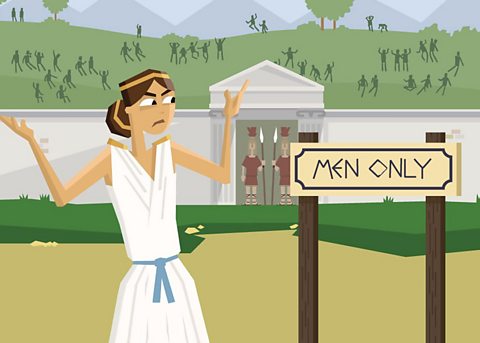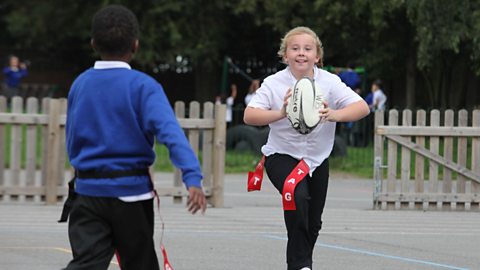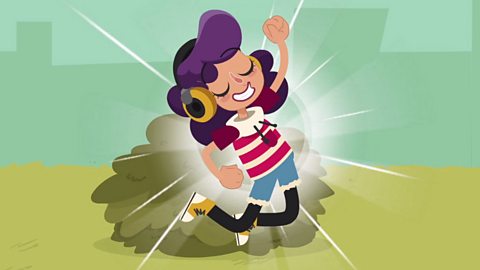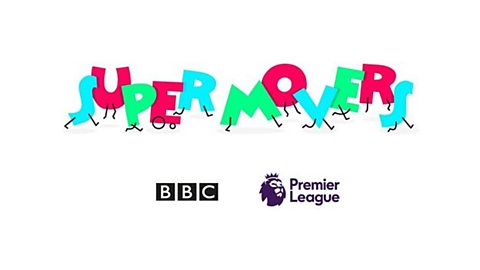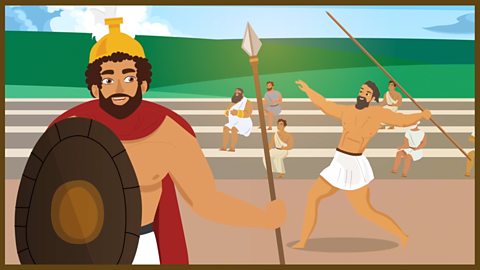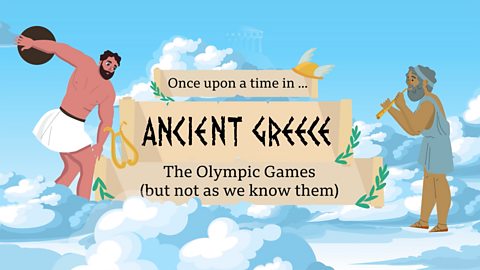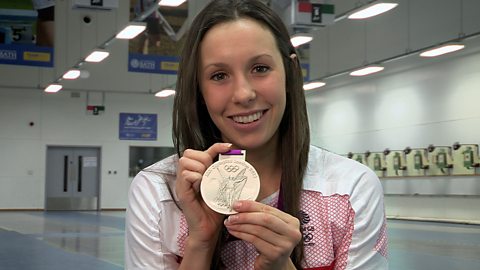What are the Olympic Games?
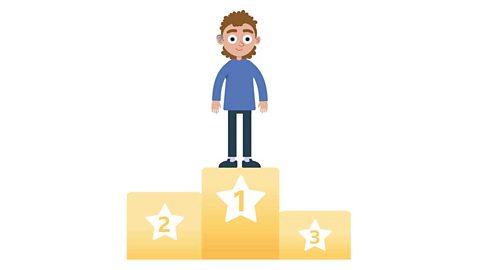
The Olympic Games are a group of sporting events where different countries compete to see who can win at different games and sports. In 2024, the Olympics started on Friday 26 July in Paris.
More than 10,000 athletes representing over 200 countries competed for 300 gold medals. They competed in a wide variety of athletic contests and sports such as swimming, gymnastics, badminton, tennis, and boxing.**
The Olympic Games take place every four years in a different country. The next Olympic Games will take place in Los Angeles in 2028.

History
How did the Olympic Games begin?
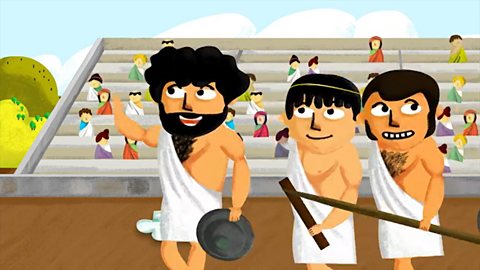
The Olympic Games began over 2,700 years ago in Olympia, in south west Greece. Every four years, around 50,000 people came from all over the Greek world to watch and take part.
The ancient games were also a religious festival, held in honour of Zeus, the king of the gods.
There were no gold, silver and bronze medals. Winners were given a wreath of leaves and a hero's welcome back home. Athletes competed for the glory of their city and winners were seen as being touched by the gods.
Before the games began, messengers were sent out to announce a 'sacred truce' or a peace. This meant that any wars should be called off so that people could travel safely to Olympia.
The entire games were dedicated to Zeus. Visitors flocked to see the Temple of Zeus. Inside stood a huge gold and ivory statue of the king of the gods himself.

Find out more about the history of the Olympic Games
The ancient Olympics wasn't just about the sport, it was a religious festival too. Find out what it was like to visit the ancient games.
Olympia was not only a centre of sport but of culture, politics, and religion.
This was a man’s world. Women were forbidden from coming here on pain of death. And inside the stadium the athletes would stand naked before all of Greece and the gods.
Here they competed not for money but to honour Zeus, the most powerful god of all.
Every four summers, for over a thousand years, tens of thousands of Greeks would come to the games from across the Mediterranean, all converging on Olympia to experience the greatest spectacle of the ancient world.
We can’t be certain of what people saw when they came to this valley five hundred years before the birth of Christ but from fragments of written evidence, experts have been able to construct some idea of what would have happened once they arrived.
Even returning champions would have had to fight for space amongst the diplomats, philosophers and the thousands of spectators who descended upon Olympia.
For the athletes this was a time to concentrate and prepare for competition. And many young challengers would have sought support from the gods.
Local priests acted as judges, taking up special positions in the judges’ stand while the sun-scorched banks filled with expectant crowds. Just like today, before being called to compete, the waiting Pentathletes would have prepared mentally as well as physically.
The athletes knew that only five events separated them from immortal fame.
How did the Olympic Games begin?
There were no gold, silver and bronze medals in the Olympic Games. Find out more with Bitesize - KS2 History.
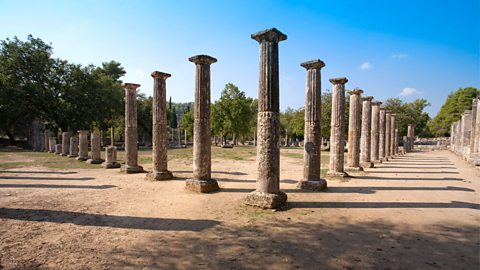
The Argo Odyssey game. gameThe Argo Odyssey game
Join Cassandra and Helenus on an exciting adventure to find their beloved dog Argo.
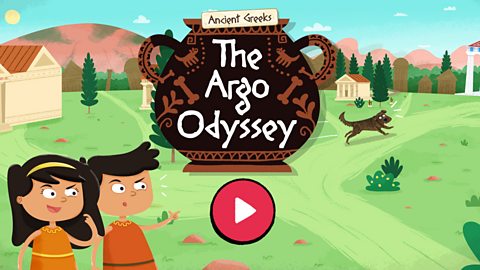
Geography
Where were the last Olympic Games held?
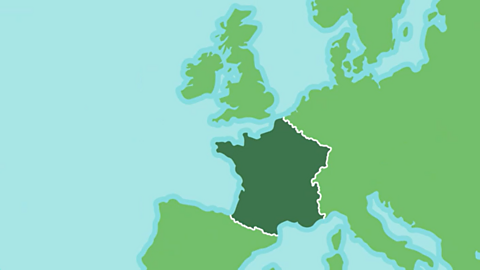
In 2024, the Olympic Games were held in Paris, the capital of France. The city is home to some of the world's most famous landmarks, such as the Palace of Versailles, the Alexandre III Bridge and the Eiffel Tower, which was seen during the Games.
There were also events taking place in Marseille such as the sailing competition and some of the football which took place in the Stade Velodrome.
The surfing competition took place in the island of Tahiti, a French territory in Polynesia.


Why do we have the Olympics?
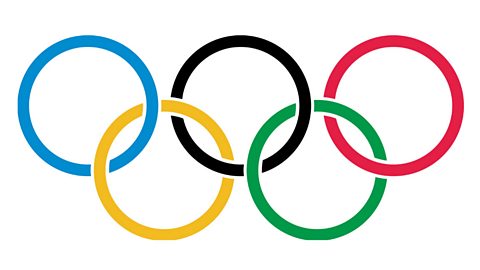
The modern Olympic Games were brought back by Pierre de Coubertin. He was a great promoter of physical education in schools. He was also a historian, and very interested in Ancient Greece.
Coubertin believed that a competition between countries would help promote physical activity and bring people together to promote peace.
These interests led him to revive the ancient Olympic Games and in Athens in 1896, the first modern Olympic Games were held.

Why is physical activity important?
Physical activity means any movement that burns up your body's energy. There are lots of things you can do including walking, cycling, dancing or doing sport. It's important to do physical activity because it keeps your body strong and healthy. There are many benefits such as:
- improving muscle and bone strength
- improving fitness and heart strength
- helping with your mental health
- better concentration
- helping you to sleep better
Find out more about how to stay healthy
More from ±«Óătv Teach
More on Ancient Greece
Find out more by working through a topic
- count1 of 15
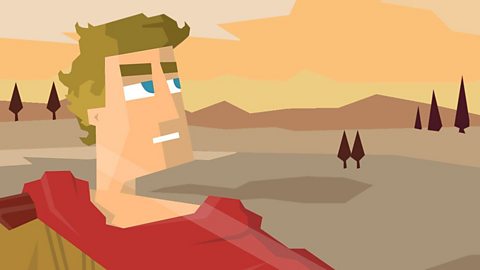
- count2 of 15
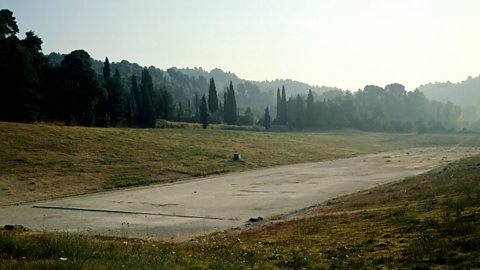
- count4 of 15

